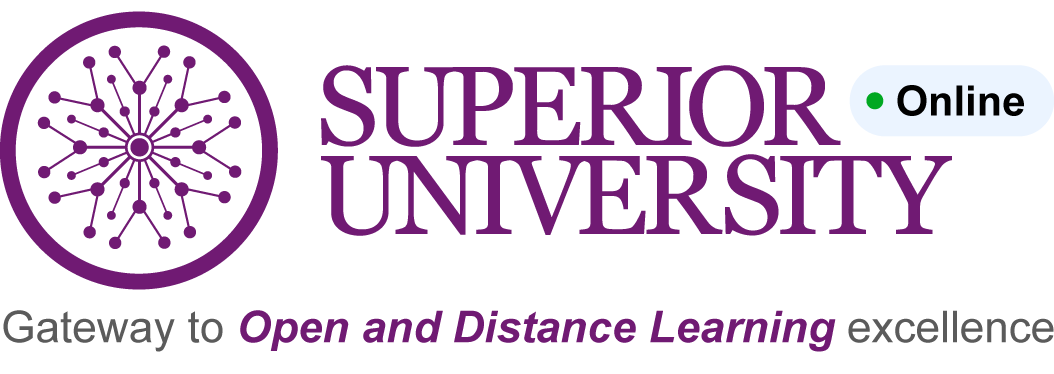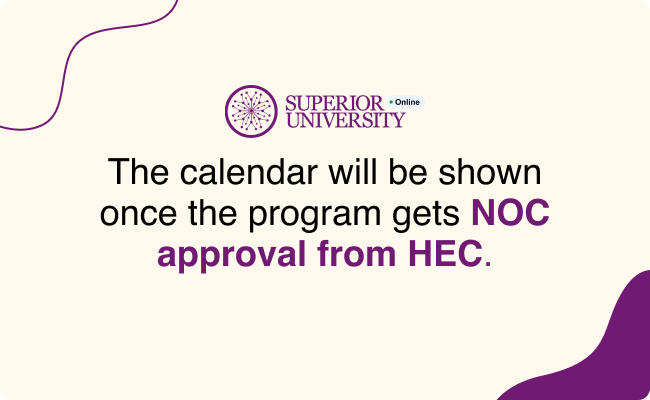BS Information Technology
Program Educational Objectives (PEOs)
The following program educational objectives (PEOs) are expected to be demonstrated by Information Technology
graduates within 4 years of their graduation. BS Information Technology (BSIT) undergraduate professionals will:
PEO 1: Demonstrate proficiency in applying principles and practices of computing and information technology to identify,
implement, and support technologies that effectively address IT-related challenges.
implement, and support technologies that effectively address IT-related challenges.
PEO 2: Exhibit skills in designing, implementing, maintaining, and managing cost-effective IT infrastructure by utilizing
their computing and IT expertise.
their computing and IT expertise.
PEO 3: Contribute positively to society by exhibiting responsible behavior and ethical conduct within the IT profession,
showing a strong sense of social responsibility.
showing a strong sense of social responsibility.
PEO 4: Display effective verbal and written communication skills essential in the IT profession, both as collaborative team
members and capable leaders..
members and capable leaders..
PEO 5: Pursue continuous professional development in IT, explore new areas in computing, and consider advanced
degrees or certifications as desired
degrees or certifications as desired
Program Learning Outcomes (PLOs)
Here are the Program Learning Outcomes (PLOs) for the BS Information Technology program, based on the provided
details:
PLO1: Professional Preparation
Develop into proficient IT professionals with a broad and deep understanding of information technology.
Develop into proficient IT professionals with a broad and deep understanding of information technology.
PLO2: Knowledge Application
Utilize computing, IT fundamentals, mathematics, and science to abstract and conceptualize models to solve defined IT problems.
Utilize computing, IT fundamentals, mathematics, and science to abstract and conceptualize models to solve defined IT problems.
PLO3: Problem-Solving
Identify, research, and resolve complex IT issues by leveraging mathematics, computing, and relevant domain knowledge.
Identify, research, and resolve complex IT issues by leveraging mathematics, computing, and relevant domain knowledge.
PLO4: Solution Design and Evaluation
Design and assess solutions for complex IT challenges, ensuring safety, societal, cultural, and environmental considerations are met.
Design and assess solutions for complex IT challenges, ensuring safety, societal, cultural, and environmental considerations are met.
PLO5: Modern Tool Usage
Effectively select and apply modern IT tools and techniques to tackle complex computing activities, recognizing their limitations.
Effectively select and apply modern IT tools and techniques to tackle complex computing activities, recognizing their limitations.
PLO6: Teamwork and Leadership
Function successfully as both an individual and a leader within multidisciplinary and diverse teams.
Function successfully as both an individual and a leader within multidisciplinary and diverse teams.
PLO7: Effective Communication
Communicate effectively with both the IT community and broader society through clear reports, documentation, presentations, and instructions.
Communicate effectively with both the IT community and broader society through clear reports, documentation, presentations, and instructions.
PLO8: Societal and Global Impact
Address and understand societal, health, safety, legal, and cultural issues in both local and global contexts, acknowledging the responsibilities these entail for IT professionals.
Address and understand societal, health, safety, legal, and cultural issues in both local and global contexts, acknowledging the responsibilities these entail for IT professionals.
PLO9: Professional Ethics
Uphold ethical standards and responsibilities within the professional IT practice.
Uphold ethical standards and responsibilities within the professional IT practice.
PLO10: Lifelong Learning
Recognize the need for and engage in continuous independent learning to support ongoing professional growth as IT professionals.
Recognize the need for and engage in continuous independent learning to support ongoing professional growth as IT professionals.
PEOs-PLOs Mapping
| PLOs | PEO 1 | PEO 2 | PEO 3 | PEO 4 | PEO 5 |
|---|---|---|---|---|---|
| PLO-01: Professional Preparation | ✔ | ||||
| PLO-02: Knowledge Application | ✔ | ✔ | |||
| PLO-03: Problem-Solving | ✔ | ✔ | |||
| PLO-04: Solution Design and Evaluation | ✔ | ✔ | |||
| PLO-05: Modern Tool Usage | ✔ | ✔ | |||
| PLO-06: Teamwork and Leadership | ✔ | ✔ | ✔ | ||
| PLO-07: Effective Communication | ✔ | ✔ | |||
| PLO-08: Societal and Global Impact | ✔ | ||||
| PLO-09: Professional Ethics | ✔ | ||||
| PLO-10: Lifelong Learning | ✔ | ✔ | ✔ |


